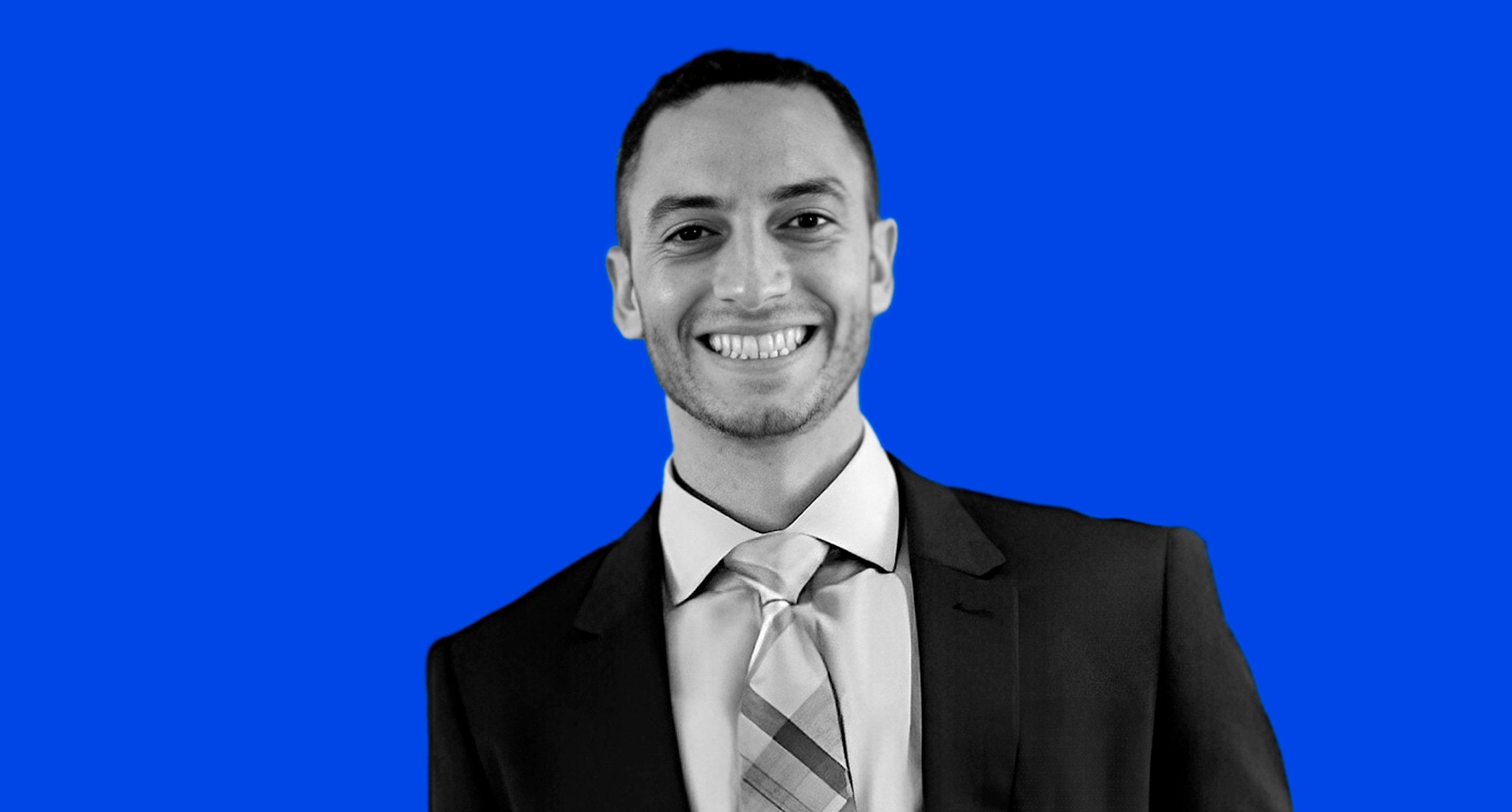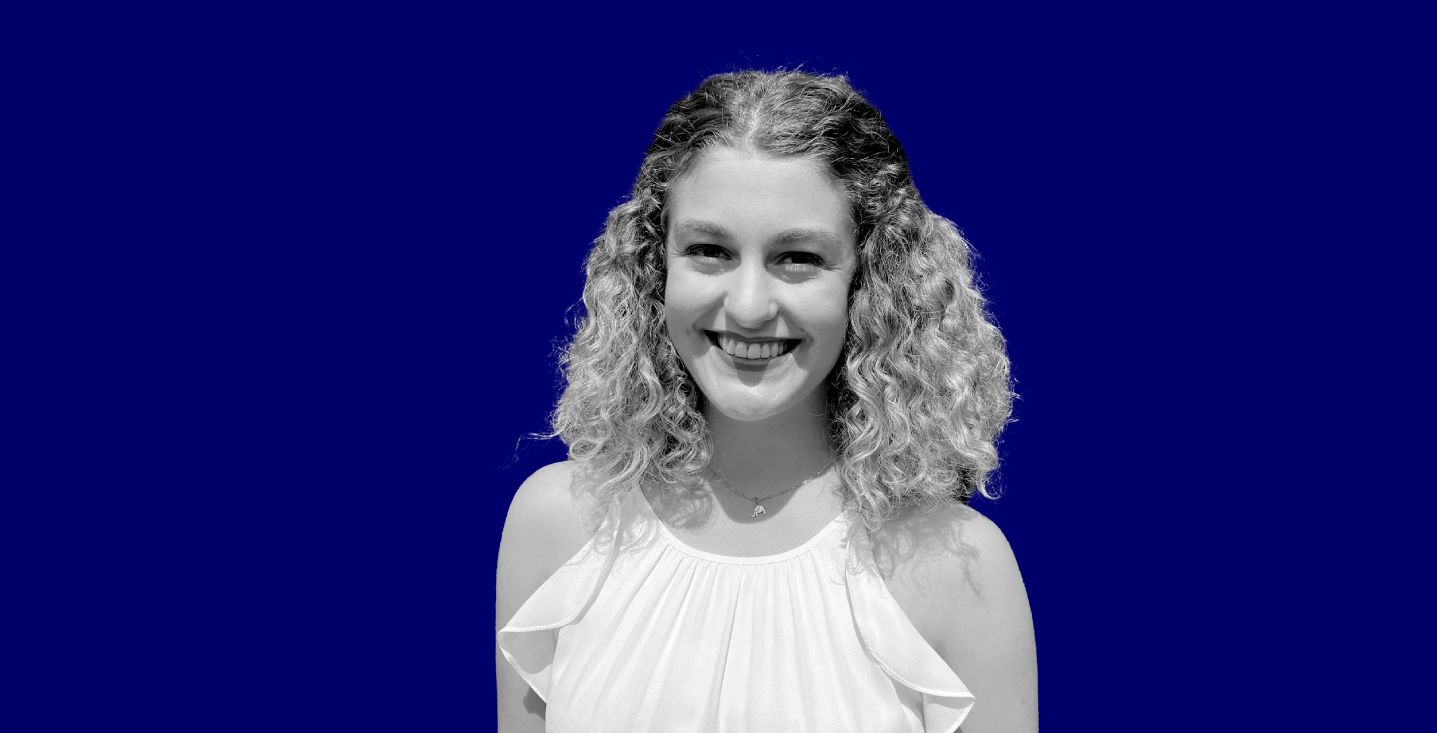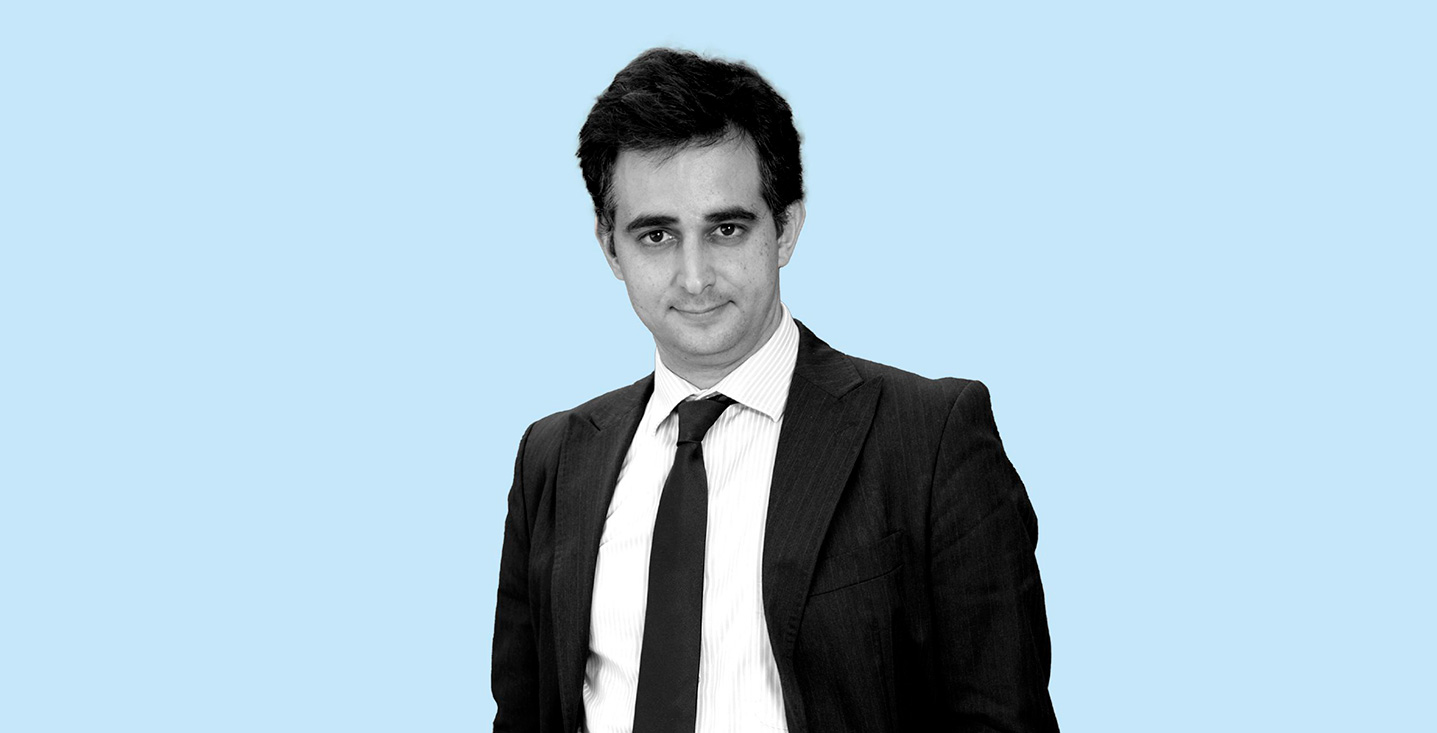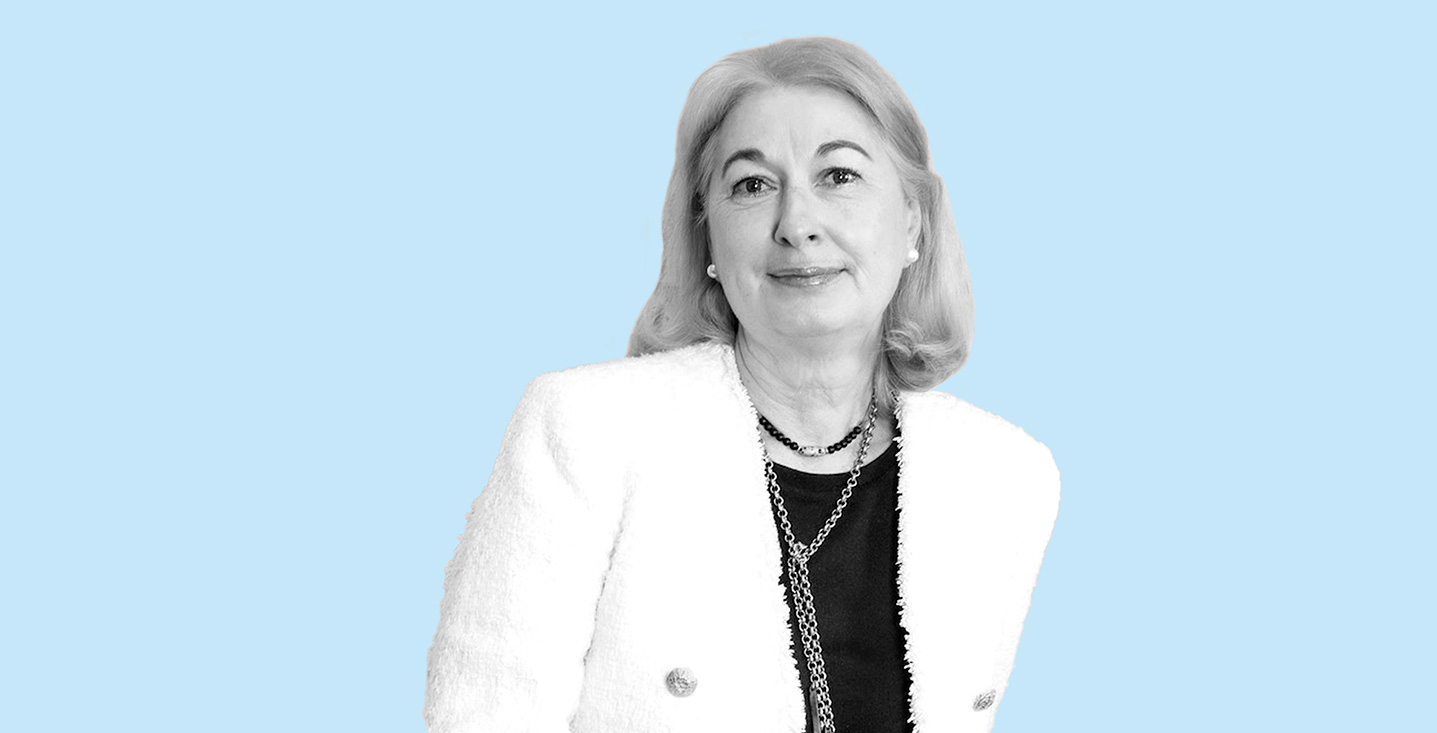22/04/2025
When you open your mind, there's always more to learn.
Neil Greenberg is a North-Carolina native who dreamt of working in global markets & finance. He had plenty of experience and a great CV. But that wasn’t enough.
Let’s talk about his journey—and how the Master in Finance at IE Business School helped him land his dream role.
Why choose to live in Spain?
Neil landed on his feet after his undergraduate business degree: “I started working at Bank of America Merrill Lynch in Charlotte. It’s where I’m from. I spent about 4.5 years there and was kind of burnt out by 25. It’s a very grind-oriented culture in the U.S.”
Neil felt he still had personal goals to pursue and looked to broaden his horizons. “I was in Argentina for about 8 months during my first degree,” Neil says. “And that time period really inspired my whole international career and my journey in learning Spanish.”
“I ended up teaching English here in Madrid for about three years,” Neil explains. “And during that time, I realized I wanted to stay here. So I started taking my CFA exams at the same time. Pretty soon I was a CFA charterholder. I had some work experience in an international bank and trading. People were like, that’s fantastic. But if you want to work here in Madrid, you need a master’s in finance.”
With plenty of options to study finance in Madrid, he ultimately chose IE Business School: “Everyone kept saying IE.”
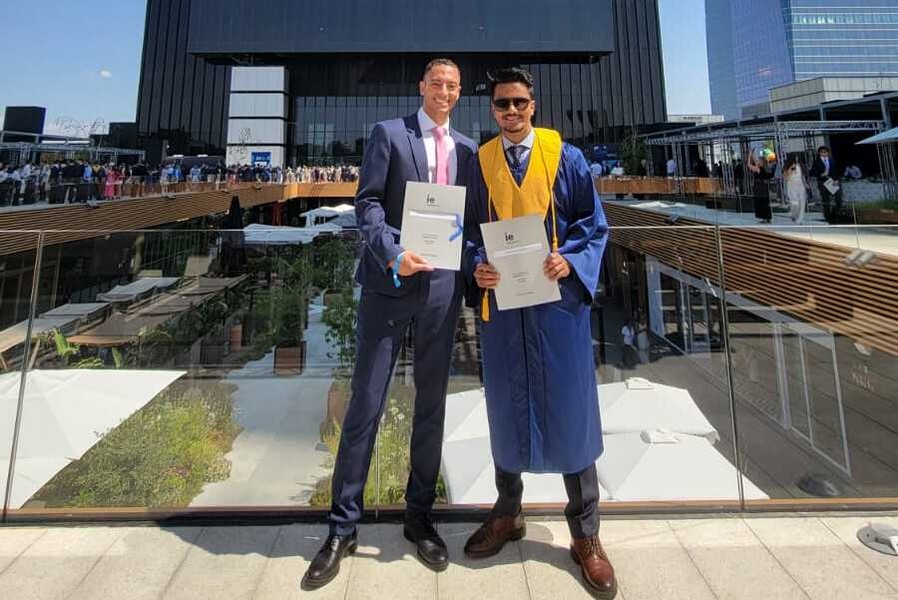
This was due to the school’s global reputation, with a diverse student-body offering invaluable insights and an international network. It also uses a unique, hands-on approach to learning—the faculty consists of true professionals who have experience working at the top level of their respective fields. This has given IE Business School a stellar reputation throughout and beyond the Spanish capital.
Where can the Master in Finance take you?
“I went into the master’s program thinking my incremental knowledge would be minimal and that it would be just a means to an end,” Neil admits.
However, Neil found the program eye-opening from the outset: “It really honed my technical skills, especially when it comes to derivatives. I came from a derivatives background, so I had the basics down. But when I did the master’s program, the specialized courses really drilled down on the technical aspects of finance. The classes really took my knowledge and understanding to another level.”
With a range of hands-on experiences and technical classes, Neil gained the knowledge and personal growth necessary for a rewarding career in global markets & finance.
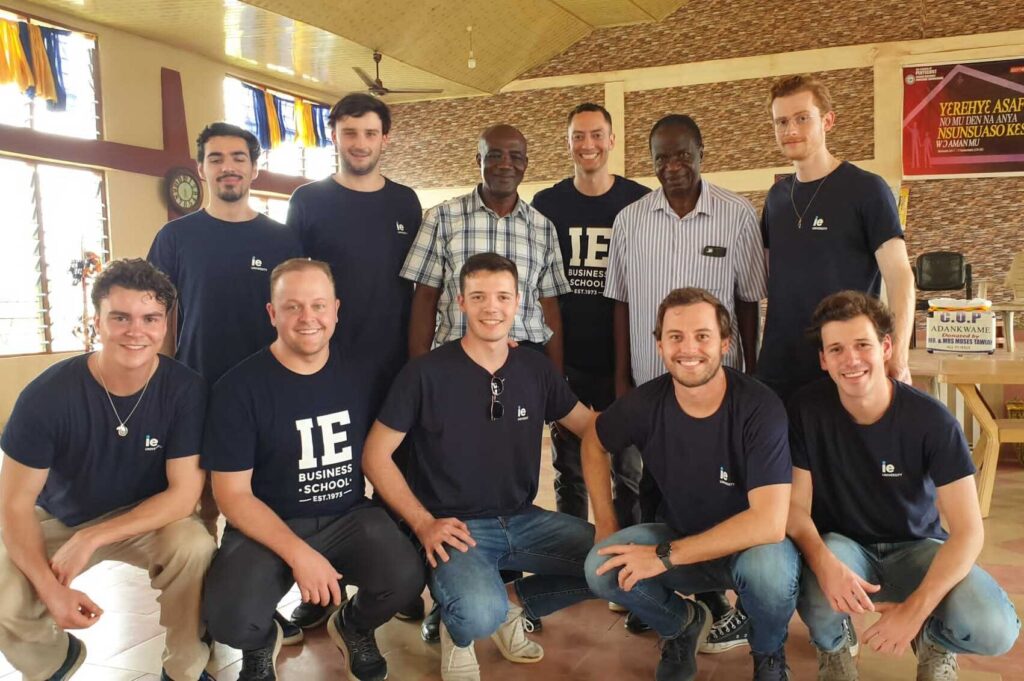
“It made me realize how much I still don’t know. That’s a great feeling because, first, you’re getting your money’s worth. Second, you’re actually becoming more engaged—you’re becoming more curious and passionate about financial markets and derivatives. That’s what you pay for; the real value is you’re unlocking something that was always there or, in my case, maybe I was too prideful to admit that I didn’t know.”
Neil was also able to personalize his learning to his career goals. “I took the Global Markets & Asset Management track,” he explains. “I knew that’s where I wanted to end up. I came from a global markets background, and I had done the CFA, which is heavily geared towards asset management. So it was great to formally combine the two.”
How can you customize your finance degree at IE Business School?
The Master in Finance program provides essential expertise in financial markets, with a focus on contemporary trends like sustainability, technology and AI. But its strength lies in adaptability. When studying with us, you can choose to focus on one of three specialization tracks: Investment Banking & Private Equity, Global Markets & Asset Management, or Real Estate & Alternative Investments.
“While I respect the profession, the culture surrounding investment banking didn’t appeal to me at all,” says Neil while explaining his choice. “I work in financial markets now—for which this track gave me essential knowledge. Our day-to-day is intense because markets are constant; they’re constantly moving, so you’re consistently busy. But you know there’s a hard stop. Thanks to the track, I have much more technical capability and knowledge—which also elevated my soft skills. For example, when speaking to a client about derivatives, you’re much more relaxed because you know your stuff. And that’s what clients want when speaking to someone advising them on money or real transactions—they don’t want someone who’s unsure. They want someone who can confidently guide them.”
Neil was particularly fascinated by the depth of derivatives, which has been essential for his career: “Before, I knew the basic Greeks. The first two main derivatives are Delta and Gamma. Everybody knows those, or at least you should. Then, coming out of the master’s program, I learned about four more different types of derivatives. You learn about Vega, Theta, Charm—your brain just expands. You get more curious, and your professors inspire that latent curiosity.”
How has the degree helped Neil work in global markets & finance?
Neil now works on a sales desk at Key Capital Partners, a firm with various business areas. “They have a standard corporate finance division where they do M&A and work on private transactions, along with a public markets brokerage business for equity and fixed income sales. My team particularly trades interest rate derivatives; we don’t do any type of cash bond trading or anything like that. We specifically work with interest rate derivative products.”
And this specialization fits perfectly with his desire for a healthy work-life balance. “I enjoy my weekends free. We trade the European market in the morning. The market opens at 8 AM and closes at 9 PM, and on the weekends it’s closed, so there’s a very definitive schedule. As I’ve matured, I’ve realized that’s the kind of work-life balance I need. You have to value other things in life. Like your relationships with friends, family, yourself and your mental health.”
Combining his existing CFA knowledge with the Global Markets & Asset Management track has been essential for his new career.
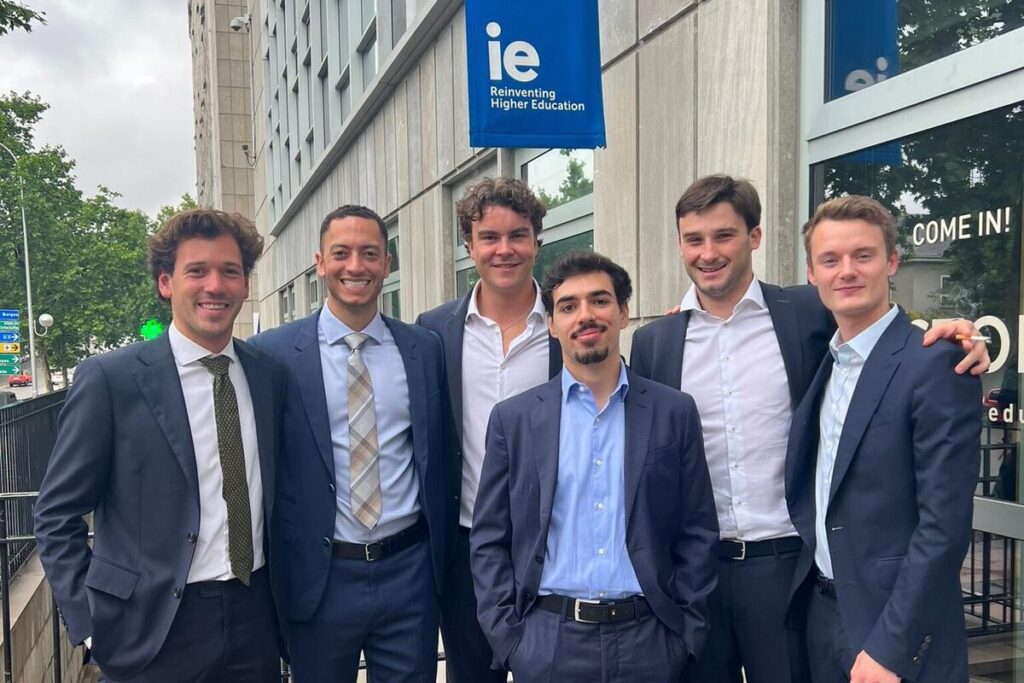
“After doing the master’s program at IE Business School, I became more confident,” Neil explains. “Being in sales definitely requires a lot of soft skills. I had much more technical capability and knowledge, which elevated my soft skills. With a lot of my clients, IE is a great reference. It’s a talking point that allows me to establish a connection with people because they’re familiar with it, which builds trust.”
Still wondering whether you should study the Master in Finance?
If you’re like Neil and want to take the next step in your career, we invite you to seek more information on the Master in Finance. It’s tough, but according to Neil, the struggle is worth it: “It’s challenging. It’s going to push you in ways that you probably haven’t been pushed before.”
With a heavy workload and a wide range of subjects, it’s important to have an open mind with a readiness to dive into the material. “What will help you is having a goal and a genuine passion for learning,” says Neil. “That comes from within.”
Benjamin is the editor of Uncover IE. His writing is featured in the LAMDA Verse and Prose Anthology Vol. 19, The Primer and Moonflake Press. Benjamin provided translation for “FalseStuff: La Muerte de las Musas”, winner of Best Theatre Show at the Max Awards 2024.
Benjamin was shortlisted for the Bristol Old Vic Open Sessions 2016 and the Alpine Fellowship Writing Prize 2023.


